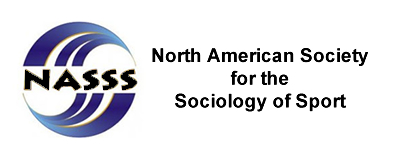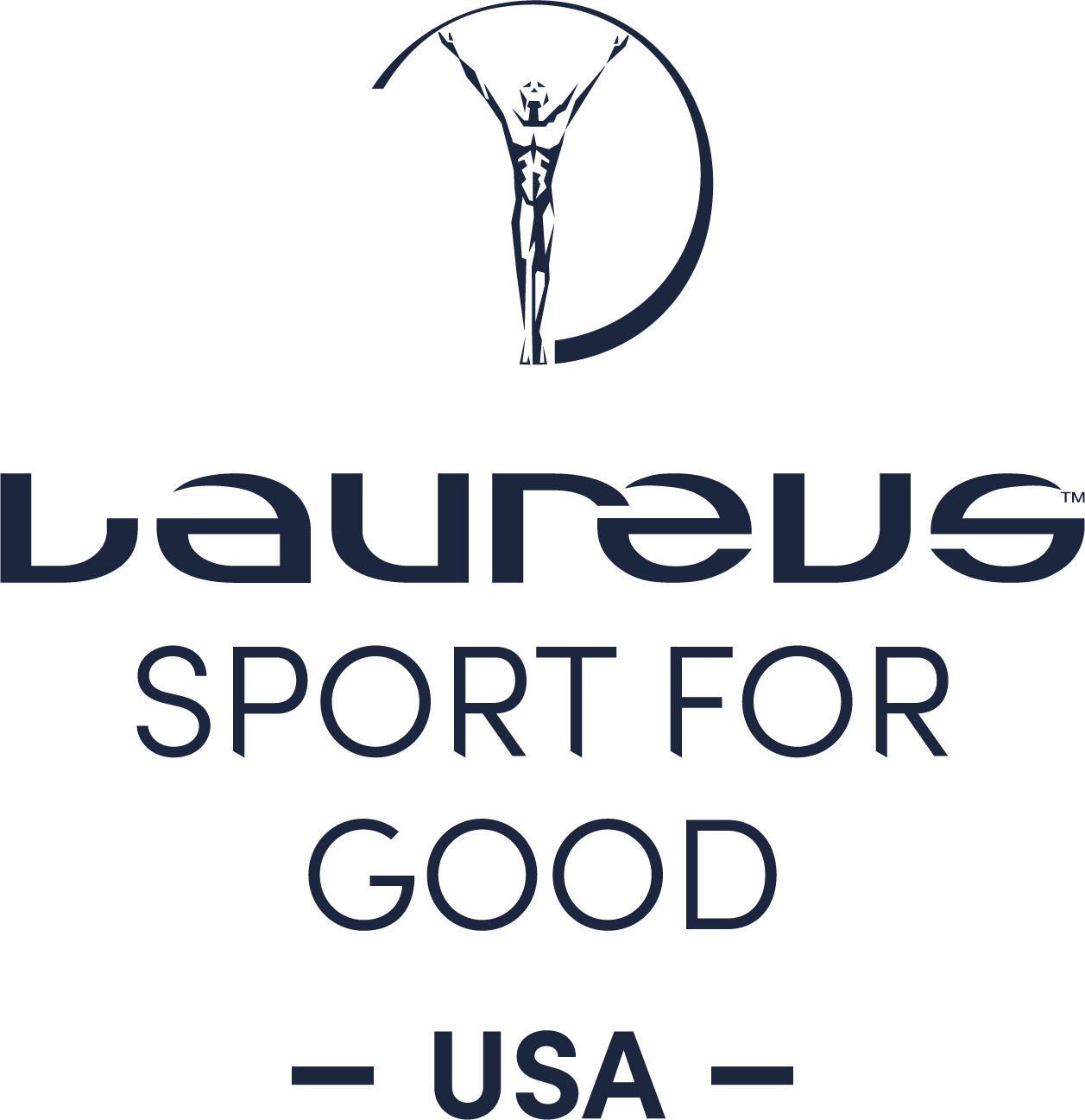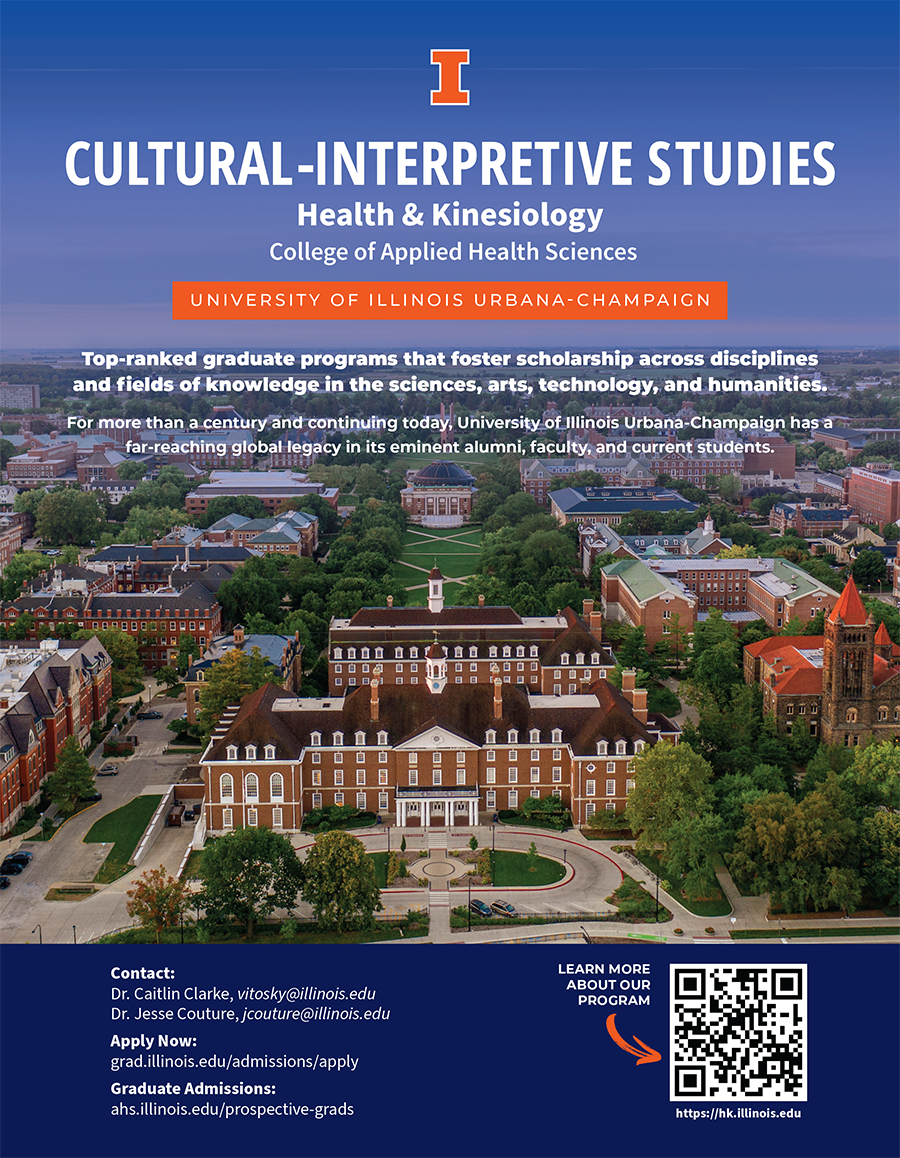
Photo used with permission from @hector_becerra
Conference Information
Registration
Registration is available through CVent
[su_button url="https://web.cvent.com/event/119fb754-36c5-4cbd-908c-3694dc6e3db8/summary?RefId=NASSS%20Member%20Attendees&rt=Pab-DCBU1UipdUQNUpA_0w" target="blank" style="flat" background="#0f5bda" color="#ffffff" size="10" desc="Link to CVent" id="submit"] Conference Registration [/su_button]
Conference Rates
Scroll down for pricing
| Category | Early Bird Pricing (Register by October 4, 2024) | Regular Registration (Available After October 4th but before the conference starts) | On-Site Registration (beginning October 30th) |
|---|---|---|---|
| Professional A | $340 | $370 | $450 |
| Professional B | $225 | $250 | $325 |
| Professional C | $125 | $150 | $200 |
| Student | $125 | $150 | $200 |
| Professional One-Day Attendee | $175 | $200 | $250 |
| Professional Virtual Attendee | $100 | ||
| Student Virtual Attendee | $50 |
Conference Program
A DRAFT of the conference program is available using this link. You do not need a CVent log in to access this site.
You will find all room locations on this online agenda.
If you are a speaker, you can log in to the Speaker Resource Center here
https://www.cvent.com/c/src/119fb754-36c5-4cbd-908c-3694dc6e3db8/summary
Conference Schedule at a Glance
Food/Refreshments provided where noted
Wednesday, October 30th
4:00-7:00pm NASSS Board Meeting
7:00-10:00pm Conference Welcome Reception- Chicago River Ballroom
*Light appetizers will be served*
Thursday, October 31st
6:00-6:50am Wheel/walk/run with the president(s)
7:00-8:00am DCCC Meeting & Breakfast
8:00-9:10am Concurrent Sessions
9:20-10:30am Concurrent Sessions
10:30-11:00am Break: Coffee, Tea, & Water are available
11:00-12:10pm Concurrent Sessions
12:15-1:20pm Luncheon [for students] or Lunch on Your Own [Professionals]
1:30-2:40pm NASSS Presidential Address: Dr. Brian Gearity: Coaching, Leading, NASSSing
2:40-3:00pm: Break: Coffee, Tea, & Water are available
3:00-4:10pm Concurrent Sessions
4:20-5:30pm Concurrent Sessions
6:00pm - NASSS Film Screening: Resistance Climbing
Friday, November 1st
6:00-6:50am Wheel/walk/run with the president(s)
7:00-8:00am SSJ Meeting & Breakfast
8:00-9:10am Concurrent Sessions
9:20-10:30am Concurrent Sessions
10:30-11:00am Break: Coffee, Tea, and Water will be available
11:00-12:10pm Key Note Speaker- Can there be sport at a time of Genocide? Solidarity, community, and Palestinian liberation
12:10-2:30pm Take a Student to Lunch or Lunch on Your Own
2:30-3:40pm Concurrent Sessions
3:50-5:00pm Concurrent Sessions
5:00-5:30pm Coffee Break: Light snacks and beverages will be available
5:30-7:00pm NASSS Business Meeting
7:00-10:00pm Presidential Reception
Saturday, November 2nd
8:00-9:30am NASSS Board Meeting with newly installed officers
8:00-9:10am Concurrent Sessions
9:20-10:30am Alan Ingham Memorial Lecture: Dr. Anima Adjepong In/fidelity: On the radical possibilities of transnational sports studies
10:30-11:00am Break: Coffee, Tea, and Water will be available
11:00-12:10pm Concurrent Sessions
12:20-1:30pm NASSS Members Luncheon & Program, including Research Fellows
* Lunch will be served to all who signed up for this event during the registration process
1:30-2:40pm Concurrent Sessions
2:40-3:00pm Break: Coffee, Tea, and Water will be available
3:00-4:10pm Concurrent Sessions
4:20-5:30pm Concurrent Sessions
If you have questions or concerns about the program, reach out to Jay Laurendeau - [email protected]
Conference Site
The 2024 annual conference for the North American Society for the Sociology of Sport will be held in Chicago, Illinois, USA from October 30th - November 2nd.
The conference will be held at
Embassy Suites by Hilton Chicago Downtown Magnificent Mile.
511 N Columbus Dr, Chicago, IL 60611
THIS HOTEL IS CURRENTLY SOLD OUT
The overflow hotel is the A-Loft Chicago Mile
243 East Ontario Street, Chicago, IL 60611
This is a short walk from the conference site (.2 miles, .3km)
Please note there are limited rooms available on Tuesday and Saturday evenings.
Link to Book at the NASSS Rate: A Loft NASSS Rate
Rate Without Taxes: $189/night
Information for Embassy Suites
(For NASSS members who already booked but need the reference)
Link to Book Embassy Suites at the NASSS Rate: https://book.passkey.com/go/NASSS24
Rates - Rates listed here do not include taxes and fees
Single or Double Occupancy- $169
Triple Occupancy- $189
Quad Rate- $209
(Re)Creating NASSS:
Communities, Axiologies, Politics and Praxis
The particular threat to the intellectual today [is “professionalism”] - not rocking the boat, not straying outside the accepted paradigms or limits, making yourself marketable and above all presentable, hence uncontroversial and unpolitical and "objective.”
― Edward Said, Representations of the Intellectual
To stop a system from being reproduced, you have to stop it from working… We learn how those who try to stop a culture from being reproduced are stopped. But in learning this, we also learn that reproduction is not inevitable, nor is it smooth, despite the failure to stop something from working.
― Sara Ahmed, Complaint!
“[W]ho we are and from where we speak” matters for the kind of knowledge we produce. … [O]ur identities predispose us to see or not see; listen to or not listen to; read or not read; cite or not cite; concern ourselves or not concern ourselves with specific Other peoples, issues, and societal dynamics. … To the extent that we wish to work for epistemic decolonization, we need to first acknowledge and then examine the link between our identities (of which our geographical origin is only one aspect), our scholarly practices, and the knowledge we produce.
-Paula ML Moya, Who we are and from where we speak
"[H]ow we live, how we organize, how we engage in the world – the process – not only frames the outcome, it is the transformation. How molds and then gives birth to the present. The how changes us. How is the theoretical intervention."
― Leanne Betasamosake Simpson, As We Have Always Done
We find ourselves in a moment of urgency. Not only the neoliberal capitalist culture of urgency that characterizes so many of our institutional spaces, but the urgent question of who we are as scholars and as a scholarly organization and how we plan to respond to the ways in which lives and livelihoods are fundamentally threatened by fascist and genocidal states, institutions, policies, practices, and logics. As Ahmed’s work continues to remind us, institutions – including and especially violent institutions – constantly work to reproduce themselves and re-entrench their power, even as these same institutions hearken to “inclusivity,” “reconciliation,” “equity,” “anti-racism,” and much more. This includes, of course, genocidal institutions like settler colonialism and the trans-Atlantic slave trade and the myriad institutional spaces that reproduce their logics and effects. Just as importantly, it also includes “the university” itself as both an “arm of the settler state” (to borrow from Sandy Grande) and a bastion of white supremacy in “the wake” of slavery (as beautifully theorized by Christina Sharpe). It also includes governments, athletic governing bodies, grassroots sports organizations, and more reproducing dominant power relations through, for example, actively working to render trans people ever more vulnerable while simultaneously running cover for those who pose the greatest threats in terms of gender-based violence. And, not least, it includes scholarly organizations, whose (in)actions must also be scrutinized in an era of “DEI” initiatives and amidst the dominant logics of academia generally and particular fields of study more specifically. We must ask ourselves hard questions about our own complicity in the very systems and processes we so often critique in our scholarly and popular publications, creative outputs, and classrooms.
The call for sessions for the 2023 conference in New Orleans included this important question: “has NASSS lived up to its purpose?” This year, we invite a return to this question and others as we work to reinvigorate our scholarly association and, perhaps, our collective scholarly practice as intellectuals and practitioners of sport and physical culture. In that spirit, we are curious again about NASSS’s purpose and we invite sessions that interrogate how such a purpose has been expressed over the history of the organization, what it is now, and what it might be as we imagine ourselves in the coming years and decades. Our curiosity also extends to the ways in which NASSS is, arguably, overdetermined by academia as a settler colonial institution, to the contradictions and tensions we encounter if and when we fashion ourselves as radical intellectuals in such spaces.
In particular, we look to questions of community, axiology, politics and praxis, inviting sessions oriented around such questions as:
What does (or might) scholarly community look like?
How do we foster a robust scholarly community that holds space for different paradigmatic assumptions, substantive interests, political commitments, social and occupational positionalities, etc.?
How do we invite “new” voices (e.g., junior scholars, scholars who may not currently “see” themselves in NASSS’s mission and vision) into community, hold space for their perspectives, commitments, and values?
What does being in community mean… what are the responsibilities we have to one another, to our disciplines, to our other communities, to the Indigenous lands most of us occupy as we do this work?
What are the responsibilities we have to those sitting at the table with us as well as those (still) too often denied a seat in the first place?
What axiology/ies underpin our work – what and how we research, teach, and engage in service work?
How do we define what is good, true, desirable, beautiful, acceptable, etc.?
How do we put those axiological assumptions and commitments to work, make them explicit, and reflexively revisit them as part of an ongoing practice?
What kinds of politics are possible and desirable in and through our scholarly work?
How might we respond to institutional, local, global, administrative, and other political pressures, violences, and possibilities of this moment and others going forward?
(How) does our research anticipate unknown vectors of oppression on the horizon and speak to the repetitive histories of marginalization, and the importance of interrogating perspectives that seek to maintain harm?
Where, when, and how will we create communities of praxis?
How might we marshal our skills and capacities, to contribute to the creation of a more just world, one that does not sacrifice so many to the logics of Empire, (settler) colonialism, cisheteropatriarchy, and racial capitalism?
While the organizing committee encourages dialogue around these most pressing issues, NASSS also welcomes session proposals that address other issues related to sport and movement cultures.
Are you looking to connect with like-minded scholars and professionals in the fields of sport, exercise, dance, and play? Attend the NASSS 2024 Annual Conference and engage with scholars who are eager to learn about your institution or company and establish international collaborations. The NASSS conference provides an unparalleled platform for sport organizations, publishers, colleges, and universities to present their products and services to the largest annual assembly of sport sociologists in North America. The conference consistently attracts approximately 350 educators, researchers, students, practitioners, and corporate representatives each year. Learn more by clicking on the PDF below.
2024 Sponsorship Package (Updated)
With the support of the NASSS Executive Board, President, President-elect, and Treasurer, the SEEDS mentoring program will occur in Chicago with the leadership of Ajhanai Keaton, Christopher McCleod, Umer Hussain, Eun Jung, Billy Hawkins, Jeffrey Montez de Oca, and Judy Liao. SEEDS is a mentoring program for racially minoritized graduate students and junior faculty. This programmatic effort is an attempt to create a healing, supportive space for emergent scholars with marginalized racial identities within NASSS to facilitate their ability to thrive within NASSS and academia at large, while also fostering future generations of engaged scholars.
Check out the information about our pre-conference programming, including how to apply.
In order to grow our community, sense of belonging, and additional financial support for NASSS, we have created a NASSS store on Bonfire.
We have tested the quality of the product and logistics and are pleased with the results. You can see the store here: NASSS Bonfire Store
If you have any questions about the conference PROGRAM (scheduling of events, abstracts submission), please contact President-Elect and conference chair, Jay Laurendeau - [email protected]
If you have any questions about the conference logistics (hotel, registration, etc), please contact the Chair of the Conference Steering committee, Beth Cavalier, [email protected]
If you have any questions about conference registration (need a receipt, question on how to fill out registration), please contact the membership coordinator, [email protected]
If you have any questions about the website, please contact the NASSS Volunteer Web Administrator, [email protected]




